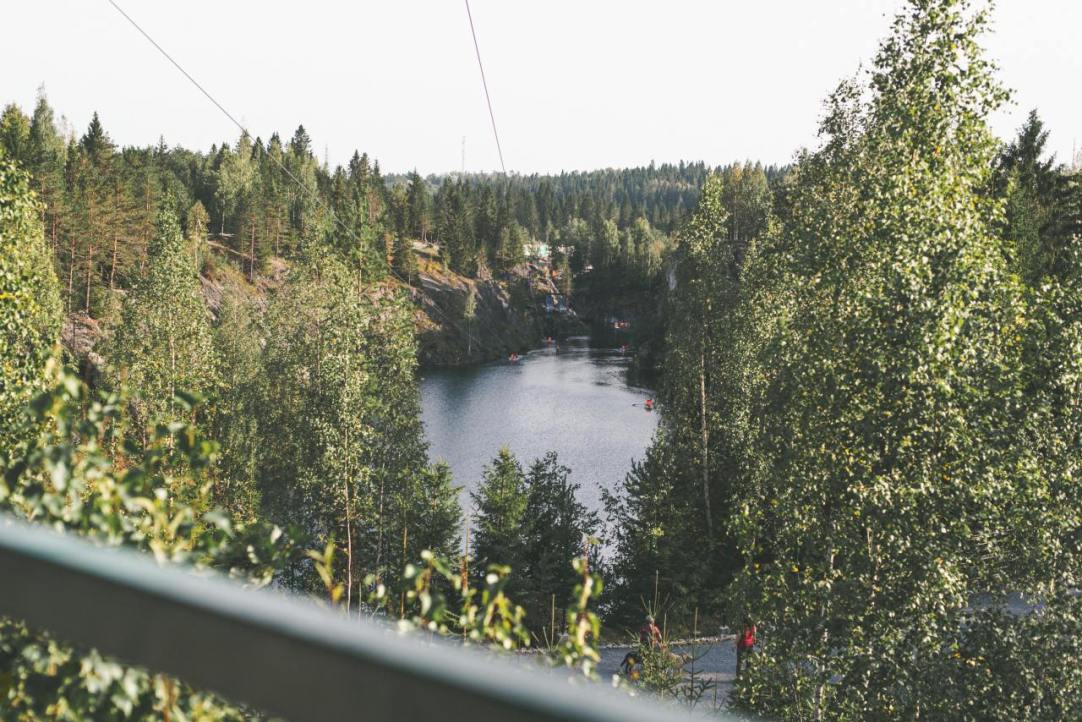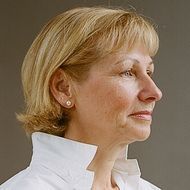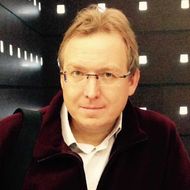- A
- A
- A
- ABC
- ABC
- ABC
- А
- А
- А
- А
- А
- HSE University
- Faculty of Geography and Geoinformation Technology
- News
- International Landscape Ecology Laboratory Opens at the Faculty
-
Faculty
-
Educational Programmes
Geography of Global Changes and Geoinformation Technology
Spatial Data and Applied Geoanalytics
Low Carbon Development
 Атлас изменений окружающей среды - Кыргызская Республика (Atlas of Environmental Change - Kyrgyz Republic)
Атлас изменений окружающей среды - Кыргызская Республика (Atlas of Environmental Change - Kyrgyz Republic)
Medvedev A., Alekseenko N., Kuramagomedov B. et al.
United Nations Environment Programme, 2025.
Chalov S. R., Shkolnyi D., Ivanov V. et al.
Earth System Science Data. 2025. Vol. 17. No. 10. P. 5615-5639.
In bk.: Reference Module in Earth Systems and Environmental Sciences. Oxford: Elsevier, 2025. P. 1-11.
Колосов В. А., Zotova M.
Published online. 10.1080/14650045.2021.1952184. Taylor and Francis, 2021

International Landscape Ecology Laboratory Opens at the Faculty

Landscape ecology is a young field of science. Its development was influenced by the use of aerial and space photography, which made it possible to look at the landscape from a different angle. As a result, the Earth's remote sensing system defines the research object - the landscape cover as a set of elementary territorial units (pixels), the grouping of which according to various criteria makes it possible to single out the structural elements of the territory and display its spatial structure.
Currently, landscape ecology combines a wide range of approaches and methods in environmental studies, which cover all factors of the organization and functioning of the landscape and its interaction with climate and humans.
The concepts of landscape ecology penetrated Russia at the end of the 20th century along with the development of computational technologies, methods of remote sensing of the Earth, and geoinformation systems. During the past 20 years, Russian schools have been integrated into landscape ecology. For example, in 2018, with the active support of the leading scientist of our laboratory, President of the International Association for Landscape Ecology (IALE) in 2015-2019, Christine Fürst, the Russian branch of this organization was created.
On the one hand, the goal of the Laboratory is to integrate Russian landscape and ecological schools into the international scientific community and become more actively involved in the global research agenda, and on the other, to gain wider recognition of Russian original approaches.
The laboratory was created in the expectation of close cooperation with the laboratory of biogeocenology named after V.N. Sukachev of the Institute of Ecology and Evolution named after A.N. Severtsov RAS (IPEE RAS), which has a unique measuring complex of parameters of ecosystem functioning on the basis of the ecological observatory "Okovsky Forest".
The key research areas of the laboratory are the development of methods for integrating ground-based measurements of biophysical parameters of ecosystem functioning (flows of heat and moisture, greenhouse gases) with remote sensing data, the development of methods for studying the structure and organization of landscape cover, assessment and mapping of ecosystem services, and others.
- About
- About
- Key Figures & Facts
- Sustainability at HSE University
- Faculties & Departments
- International Partnerships
- Faculty & Staff
- HSE Buildings
- HSE University for Persons with Disabilities
- Public Enquiries
- Studies
- Admissions
- Programme Catalogue
- Undergraduate
- Graduate
- Exchange Programmes
- Summer Schools
- Semester in Moscow
- Business Internship
- © HSE University 1993–2025 Contacts Copyright Privacy Policy Site Map
- Edit


